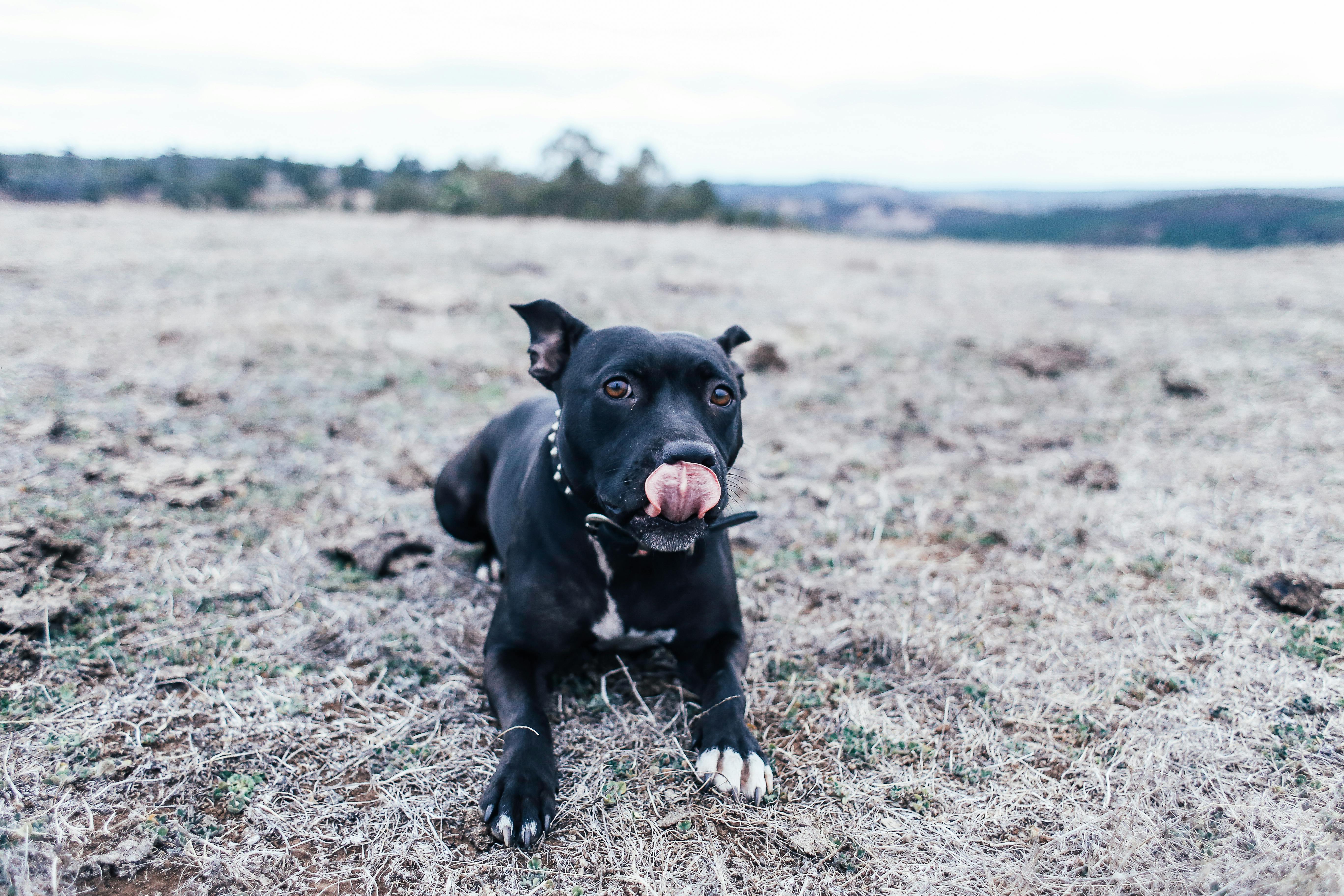Bringing a new puppy into your home is a huge commitment. First-time puppy owners are often filled with questions about how to care for their new furry companions. Preparing your home for a puppy before bringing it home will help ensure that you and your puppy adjust smoothly to the new living arrangement.
The following checklist is designed to help new puppy owners prepare for the arrival of a new furry family member:
-Buy puppy food, food and water bowls, a collar and a leash before bringing the puppy home. These basics are essential for any dog owner. Other items you may want to consider are a bed, house training pads, treats, personal hygiene items, cleaning bags, carpet / upholstery cleaner, and puppy chews.
-Puppy Proof of the house. Puppies are full of curiosity and chewing is one of the ways they explore objects. Unfortunately, your puppy will not come equipped with the ability to distinguish between his chew toy and his expensive shoes. Therefore, removing items that you don’t want your puppy to leave a mark on is an important step in protecting your home from puppies. Some tips for puppy testing are:
1. Remove lost items from the floor of your home and plan to keep the area clutter-free.
during puppyhood (children’s shoes, clothing, and toys are good examples).
2. Cover, remove, or store electrical cords within reach of your puppy.
3. Keep all household cleaners, insect poisons, and other chemicals in a safe place.
4. Make sure your home plants are safe by consulting your veterinarian.
5. Also pay close attention to potential hazards in the area outside your home.
– Stock up on chew toys. The more chew toys your puppy has access to, the less likely he is to chew on your valuable possessions. Chewing is a natural instinct for dogs, and especially for young puppies. Praise your puppy when he chews on toys that are his and he will soon learn what fair play is and what is off limits.
-Buy an appropriately sized box. If you plan on crate training your dog, the puppy is the best time to do it. Cage training allows your dog to adjust to being in a crate so that he behaves well in situations such as being approached, flying on an airplane, and going to the vet, when being in a kennel may be unavoidable. It is important to instill a positive association with the box and never use it as punishment. Many dogs learn to love their cages and voluntarily use them for naps or to sleep at night.
-Establish rules for living. Your puppy will understand the house rules much faster if they are consistent from the start. Decide on the rules your puppy must follow before bringing him home. For example, is it allowed on furniture? Will he sleep in your bed at night? What area will he be confined to when he is a puppy? Instilling structure right away will prevent your puppy from developing bad habits that will become increasingly frustrating as he grows older.
Puppies are wonderfully energetic and curious, and surprises are part of the adventure of having one at home. Even if you carefully check each item on this list and feel fully prepared for the arrival of your new canine companion, your pup may find mischief in places that you have overlooked. Be sure to supervise your puppy at all times when he is roaming freely in your home.

